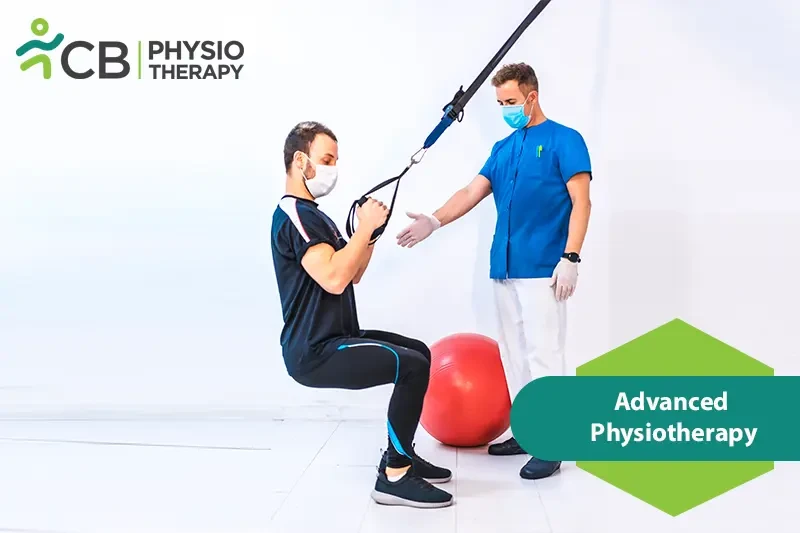There are several advanced physiotherapy techniques that can be used to manage pain, improve mobility, and promote healing. Here are some of the most common techniques and a brief explanation of how they work:
Shockwave therapy: This modality involves the use of high-frequency sound waves to treat a variety of musculoskeletal conditions, including plantar fasciitis,
tennis elbow, and shoulder pain. The sound waves help to stimulate blood flow, promote tissue regeneration, and reduce pain and inflammation.
Laser therapy: This modality involves the use of low-level lasers to treat a variety of conditions, including arthritis,
back pain, and soft tissue injuries. The lasers help to stimulate the cells in the affected area, promoting tissue repair and reducing inflammation.
Spinal decompression therapy: This modality involves the use of a special device to gently stretch the spine and relieve pressure on the discs and nerves. It is commonly used to treat herniated discs,
sciatica, and other conditions that cause back pain.
Neuromuscular electrical stimulation (NMES): This modality involves the use of electrical impulses to stimulate the muscles and nerves, promoting muscle strength and reducing pain and inflammation. It is commonly used to treat conditions such as multiple sclerosis, stroke, and spinal cord injuries.
Manual therapy: This technique involves hands-on manipulation of the soft tissues, such as muscles, tendons, and ligaments. It can include massage, stretching, and joint mobilization techniques, and is often used to reduce pain and improve range of motion.
Dry needling: This technique involves the insertion of fine needles into trigger points or tight muscles to release tension and reduce pain. It is similar to acupuncture but is based on Western anatomy and physiology.
Cupping therapy: This technique involves the use of suction cups placed on the skin to promote blood flow and reduce pain and inflammation. It is often used in conjunction with other manual therapy techniques.
Kinesio taping: This technique involves the application of special elastic tape to the skin to support muscles and joints and promote healing. It is often used to manage sports injuries and improve athletic performance.
Hydrotherapy: This technique involves the use of water-based therapies, such as swimming, aquatic exercise, or hot and cold water therapy, to promote healing and reduce pain and inflammation.
